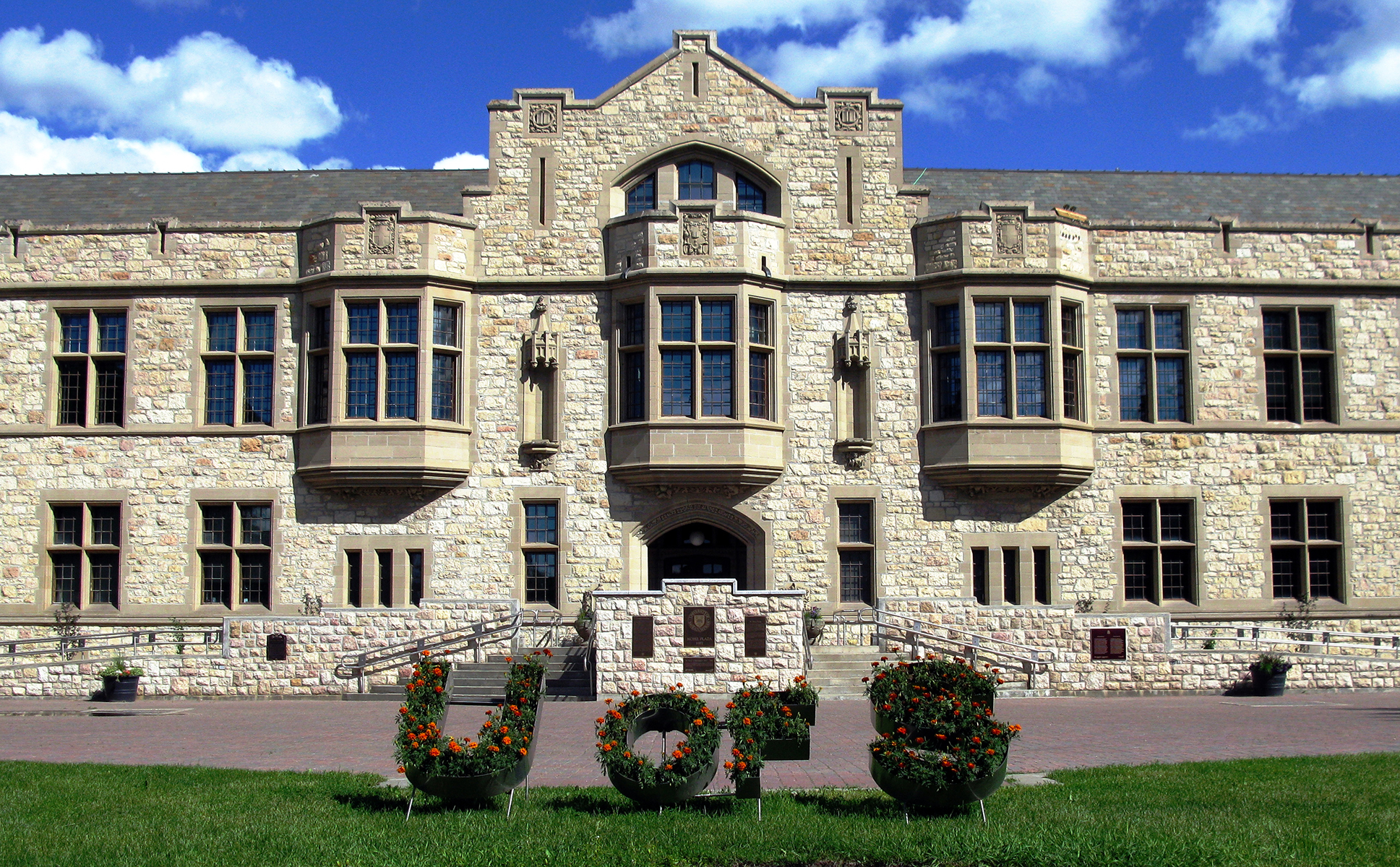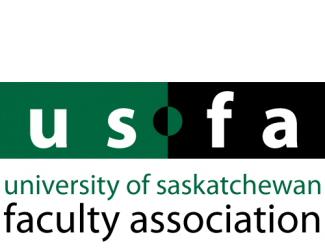How can you choose to prevent the spectre of a structural deficit from continuing to provide a convenient opportunity for Senior Administrators and the Board of Governors to wrestle the academic agenda away from faculty and University Council?
University Council makes decisions about the academic directions of the U of S. Council determines whether or not schemes such as TransformUS are academically sound. Regardless of process, Council decides whether academic programs are discontinued for any reason, academic or financial.
The University is an ever-changing place and Council may consider eliminating academic programs for sound academic reasons. However, based on the financial situation at the U of S, there are no obvious grounds to eliminate programs on the basis of a financial crisis at this time. The structural deficit appears to have been nothing more than a convenient opportunity for senior administrators and the Board to wrestle the academic agenda of the institution away from faculty and University Council. Provincial legislation puts academic matters under the auspices of University Council, and Council under the auspices of the General Academic Assembly. With the exception of a handful of academic administrators, a few representatives from federated or affiliated colleges and student representatives, both of these bodies are comprised of academic employees of the U of S. It’s your choice.
It’s about choice.
How can you choose to prevent Senior Administrators and the Board of Governors from stifling Academic Freedom?
Events in May 2014 would have us believe that Deans at the U of S are required to act as agents of the President. With many Deans sitting as college representatives on University Council, this approach prevents them from fulfilling their Council role. Members of University Council are meant to have as their principle concern the welfare of the College or constituency they represent and the University Community. According to the Council bylaws, members of the Council and members of committees of the Council “will have as their principal concern the welfare of the University community. They will exercise independent judgment and may not act as agents of any person or organization.”[/text_output][/vc_column_inner][/vc_row_inner][text_output]The U of S Act structures Council to be a representative body. The choice of Senior Administrators and the Board of Governs to expect Deans to follow the President’s direction prevents Deans from representing their Colleges or exercising independent judgement. Not only does this situation create a conflict of interest for Deans, it prevents open discussion and undermines the governance role of University Council. Deans are college representatives only if no faculty member from the college chooses to run against them in Council elections.[/text_output][text_output]
It’s about choice.
What will you say about the choice of Senior Administrators and the Board of Governors at the U of S to use unrealistic assumptions of government funding to project an operating budget shortfall?
When the budget for the third integrated plan was developed, Senior Administrators and the Board of Governors made some assumptions about government funding for the period 2012-2013 through 2015-2016. They assumed that increases to the base operating budget from the provincial government would be 5.8% for 2012-13, 4.5% for 2013-14, 4% for 2014-15 and 4% for 2015-16. In total, they assumed that increases to the base operating grant received from the provincial government over the 4-year period would be over 20% compounded. Based on those assumptions, senior administrators developed an equally generous budget with several new initiatives involving a significant amount of base budget (permanent) funds to support those initiatives (e.g., academic priorities fund of $10-12 million per year, student-related enhancements of $10-13 million per year and capital renewal at $5 million per year). The proposed budget for the 3rd integrated plan is very aggressive, especially in its target to place millions of base budget dollars in the hands of the President’s Committee on Integrated Planning (PCIP) presumably to invest in integrated planning and the accelerated research agenda of the institution. Just prior to the University’s budget request to the provincial government for 2012-13, senior administrators learned that they could expect at most a 2% increase per year to the operating budget over the entire period of the 3rd Integrated Plan. The difference between the actual government funding and the funding assumed by the multi-year operating budget for the 3rd Integrated Plan produces a $44.5 million structural deficit in the operating budget by 2015-16. In other words, the “financial crisis” results from the fact that the unrealistic assumptions of government funding over the 3rd Integrated Plan cycle are not going to happen (see Multi-Year Operating Budget Framework). Senior Administrators and the Board of Governors could have chosen to adjust their budgeted spending when they found out about the provincial funding. Instead, they chose to keep spending estimates the same and use the appearance of a shortfall to project a deficit.
If TransformUS is no longer about prioritizing programs to avoid a deficit, what will senior administrators and the Board of Governors choose to do now with the recommendations resulting from the prioritization process? You can choose to speak up, and make your voice heard as planning based on those recommendations proceeds.[/text_output][/vc_column_inner][/vc_row_inner][text_output]

